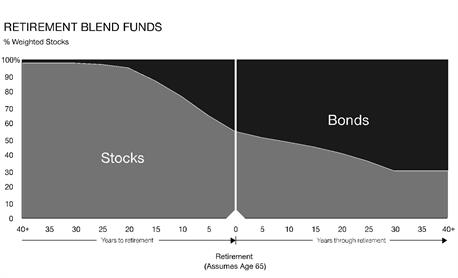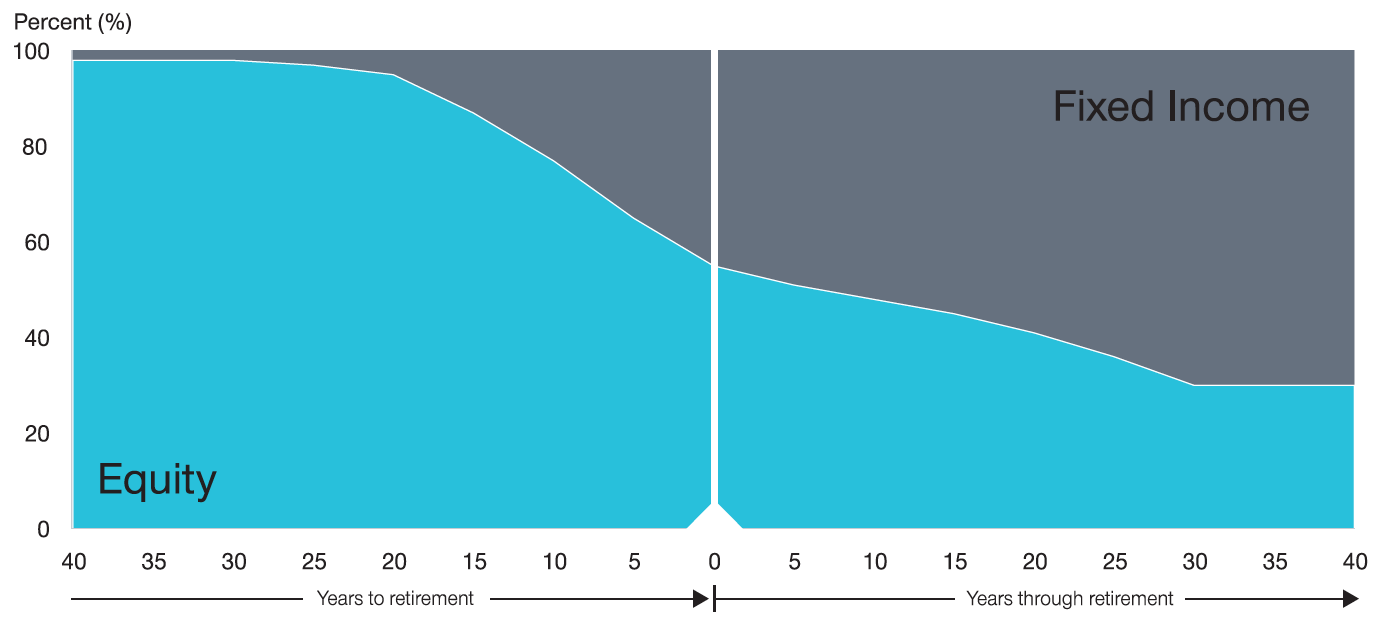It looks like you're new here. If you want to get involved, click one of these buttons!
@rforno : What do you consider insanely high STCG profits. Best I could come up with during recent fall - rise was 12% profit. But if one put money to work on the lowest drop day for market , I'd guess profit would be another 3% to 4% profit.
And if you sold , I'm guessing it was in retirement account ?
As for me ,dry powder went both ways , so no sales so far.
Stay Safe, Derf
You’ve identified the storyline here. What remains is how will the story end? With a bang or a whimper? And when? Those who’ve seen the last 15 minutes of this movie aren’t letting on - if they know. It’s tempting to forecast a 50% drubbing of the stock market in short order. The “smart money“ waiting in the wings awakens and moves into stocks at sharply lower prices. A happy ending for the forgotten few who resisted the temptation to own equities and held out long enough. Right out of Disney.
I find myself agreeing with Jim Cramer here ... which happens, from time to time.
Remember the irrational exhuberance going into the Dot Com Crash (Pets.Com!), the Housing Bubble (5 houses on NINJA loans!), and now this.
Remember when you start seeing day-trading ads and services on TV and people start buying into the mania thinking they can't ever lose and that markets only go in one direction (up) that it's time to start inching closer toward the fire exit. As Jeremy Irons' character from 'Margin Call' said, "it's not panic if you're the first one out the door."
What is particualrly disturbing is the 'gamification' of investing by platforms like Robinhood that conflate longterm "investing" for wealth-building and retirement planning with "trading".
My investment portfolio is downright boring compared to most people, and I'm fine with that. It's also why I don't believe in the indices or do index-based investing -- because they're so heavily influenced by a single-digit's worth of ultramegacorps and don't reflect broader equity sentiments.



If you want only funds that never lost money then performance could lag badly. PFNIX 10 years average annually is only 2% and that's a dismal bond performance.One reason maybe that AVEFX ''flies under the radar'' is it is not available at Fidelity or Schwab no load/NTF.
In 2020 peak to trough AVEFX lost about 10% while FPINX lost only about 2%.
AVEFX has 20% in stocks FPINX < 1%
Vanguard VASIX is a better choice than AVEFX. See (chart). VASIX ER=0.11%. It has better performance and SD(volatility) is close.
There may well be better choices for this TYPE of fund, but the criteria I was focusing on was never a down year. VASIX has had two, including down 10.53% in 2008. Not so pretty. AVEFX has an unbroken streak during its existence dating back to 2004.
© 2015 Mutual Fund Observer. All rights reserved.
© 2015 Mutual Fund Observer. All rights reserved. Powered by Vanilla